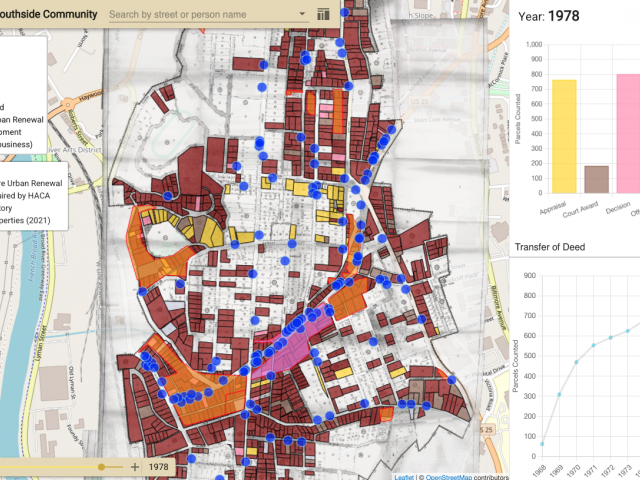
As libraries and archives across the world are planning an increasingly digital records future, there is a critical need to strengthen digital and computational literacy and training for future librarians and archivists. Acute “skills and management gaps in libraries” have been recognised which highlight the need for greater automation in library work, the facilitation of computational research, and the need for library managers to understand and value the benefits of in-house data science skills. This chapter presents a timely and impactful case study at the intersection of Computational Archival Science and Digital Humanities, focusing on the legacy of urban renewal in Asheville, North Carolina in the United States. Between 1965 and 1980, housing policies were enacted that ultimately displaced and erased African American businesses and communities with traumatic and lasting effects. A Community Reparations Commission for Black Asheville was formed in March 2022 and charged with developing recommendations to be presented to the Asheville City Council and County Commission to repair the harm done by decades of racial discrimination and systemic oppression against Black Asheville residents.